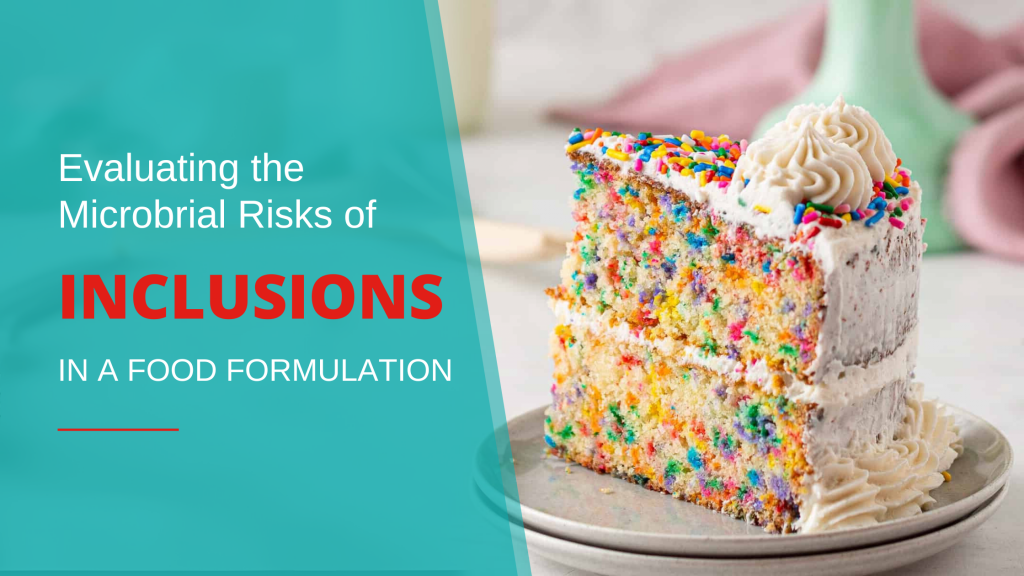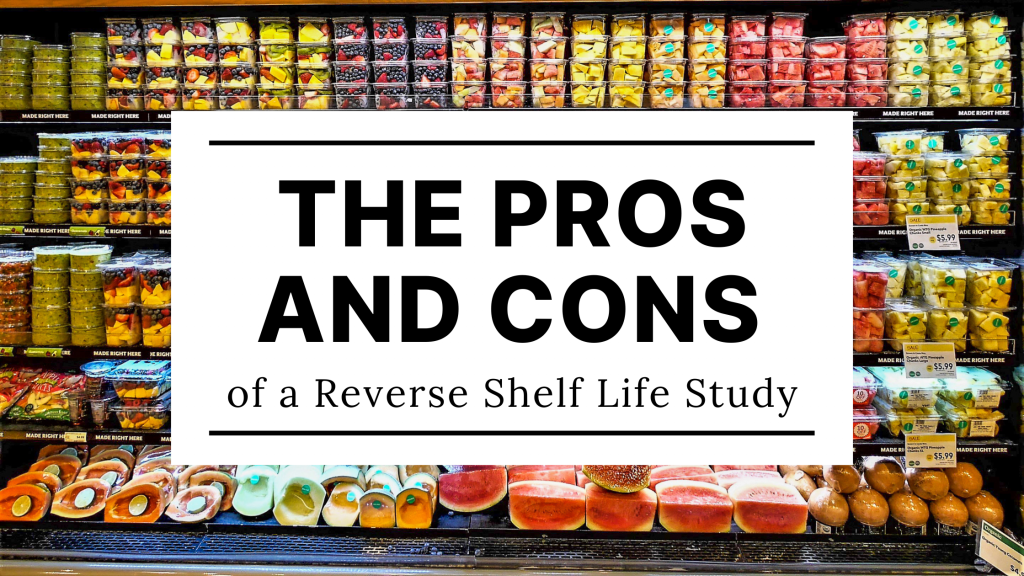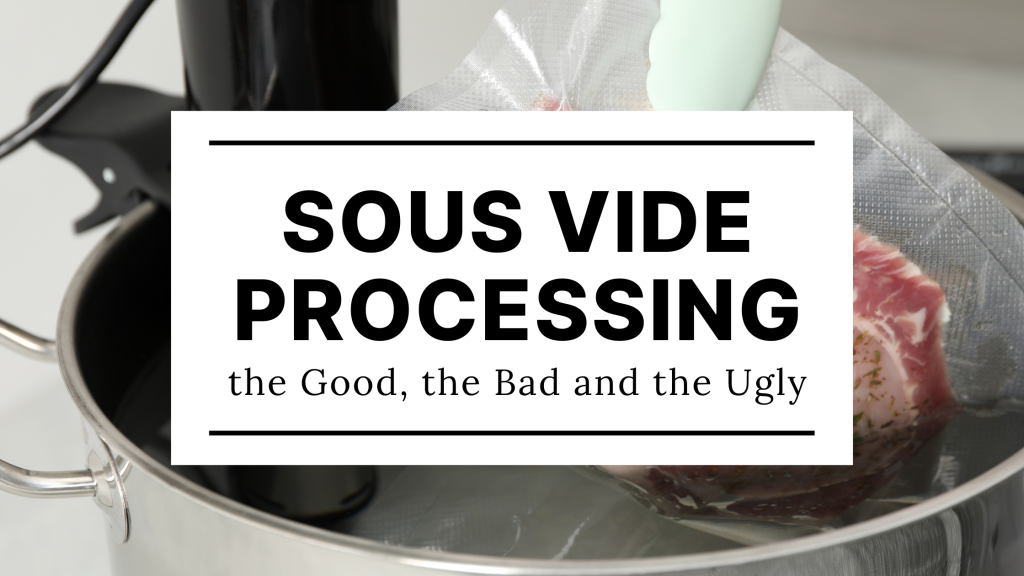Uncategorized
Evaluating the Microbial Risk of Inclusions in a Food Formulation
Using inclusions in a food formulation can take a product from good to over the top great. Products with inclusions not only grab your attention visually, but also have added flavor and texture to an otherwise boring base formulation. There are the classic baked good products with inclusions like blueberry muffins and chocolate chip cookies,…
Read MoreThe Pros and Cons of a Reverse Shelf Life Study
A Reverse Shelf Life Study can be utilized in some, but not all situations, to determine the shelf life of food and nutraceutical products. The basic concept and process is to store shelf life samples in a stable environment, such as frozen storage, and remove samples to refrigerated or room temperatures according to the testing…
Read MoreSous Vide Processing—the Good, the Bad and the Ugly
Sous vide cooking is a method in which foods are thermally processed in vacuum packaging at lower temperatures for longer periods of time than traditional food manufacturing processes. The term sous vide is French for “under vacuum” and was perfected in the 1970s, launching a new take on food preparation. Manufacturing with sous vide is becoming…
Read MoreThermal Process Validation Trials: 3 Tips to Minimize Cost and Protect Your Brand
Equipment purchases by major food manufacturing customers are driven by corporate initiatives such as environmental responsibility, sustainability, the desire for clean and wholesome food, and most importantly, food safety. Fulfilling the food safety initiative is often achieved by requesting process validation trials prior to purchase. This aspect of the purchasing decision has become a “must have”…
Read More




